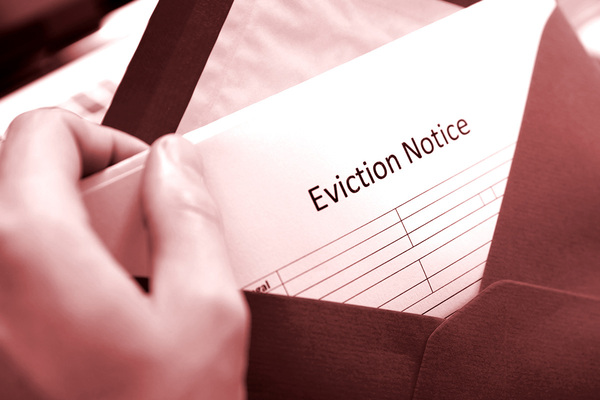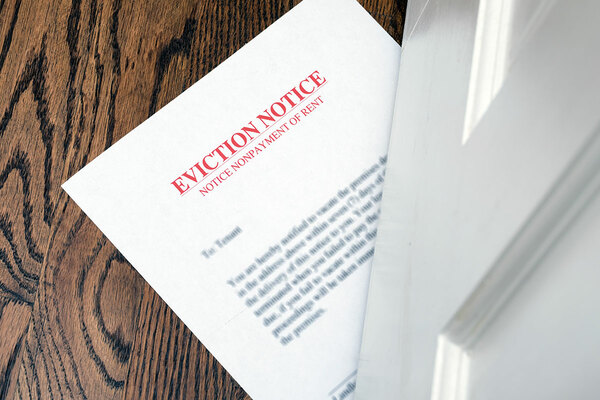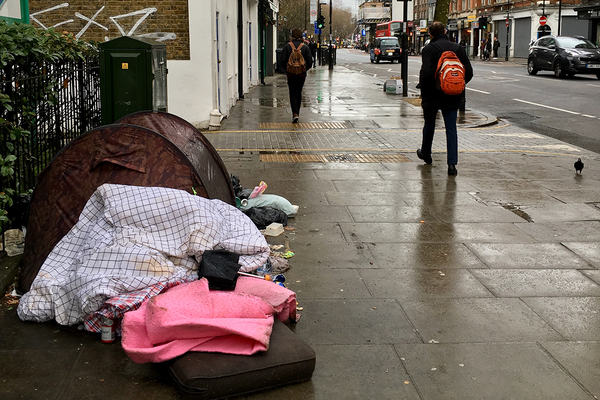You are viewing 1 of your 1 free articles
Details of new evictions mediation service revealed
The government has published guidance for its new housing possession mediation service.

The Ministry of Housing, Communities and Local Government yesterday published guidance linked to its housing possession mediation pilot introduced in February 2021.
The pilot, which aims to sustain tenancies and manage court capacity after the nationwide eviction ban comes to an end in England, is free to use for landlords and tenants.
Before housing possession cases are taken to court, tenants and landlords will have the chance to reach an agreement at a review stage.
If an agreement is not reached, the case is deemed suitable for mediation and will be looked at by the Society of Mediators within 10 days of referral.
If both parties cannot agree to a solution at mediation, the case will continue to a full hearing.
But if mediation is a success the parties involved will sign an agreement, which will be put in front of a judge for approval.
Either party can apply to the court to enforce the agreement if it is broken by the other party.
Bailiff-led evictions in England are suspended until 31 May, and the government has had some form of ban in place since March 2020, when the country first went into lockdown as a result of the coronavirus pandemic.
When the pilot was announced in February 2021, the Law Society warned that while there is a place for mediation “it cannot replace the usual routes of access to justice through the courts”.
The professional body for solicitors raised concerns that vulnerable and under-represented tenants may feel pressured to undertake mediation and may be misrepresented.
A recent report from the Housing, Communities and Local Government Select Committee also urged the government to provide up to £300m in funding for renters to pay back COVID-related arrears.
Separately, the government also updated its guidance for landlords and tenants on how to understand the possession action process.
Sign up for our tenancy management newsletter
Already have an account? Click here to manage your newsletters











